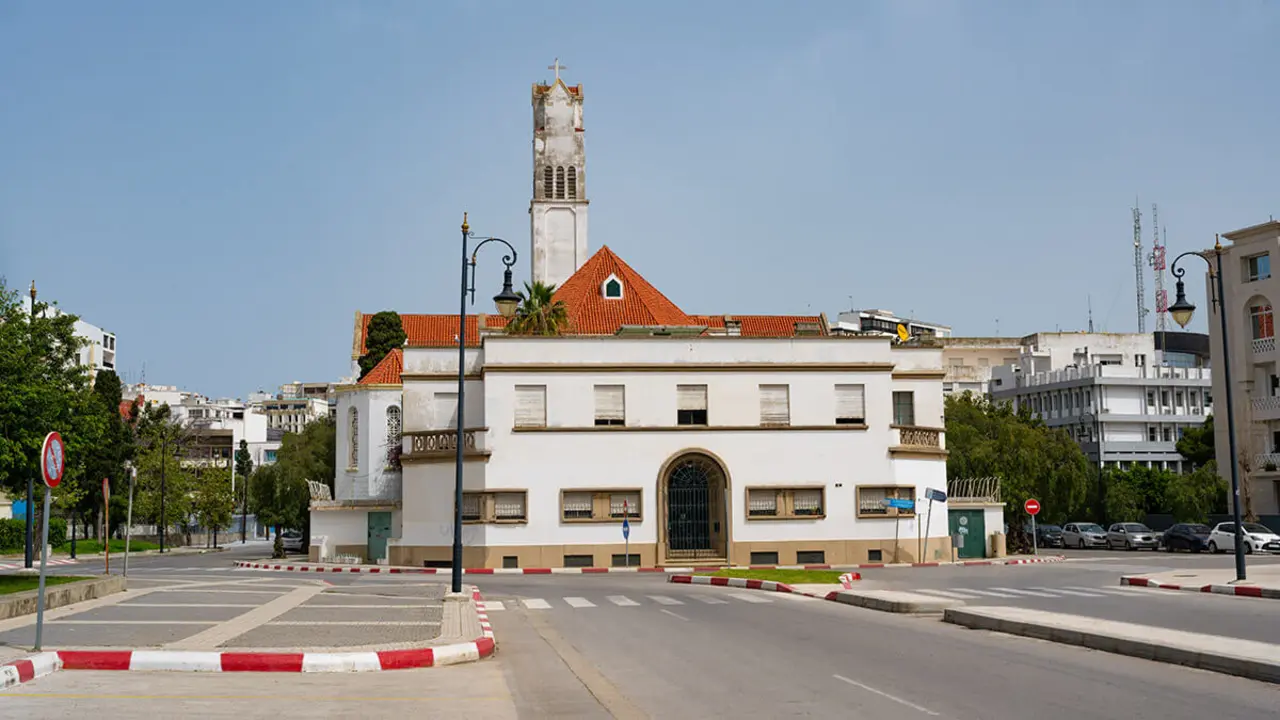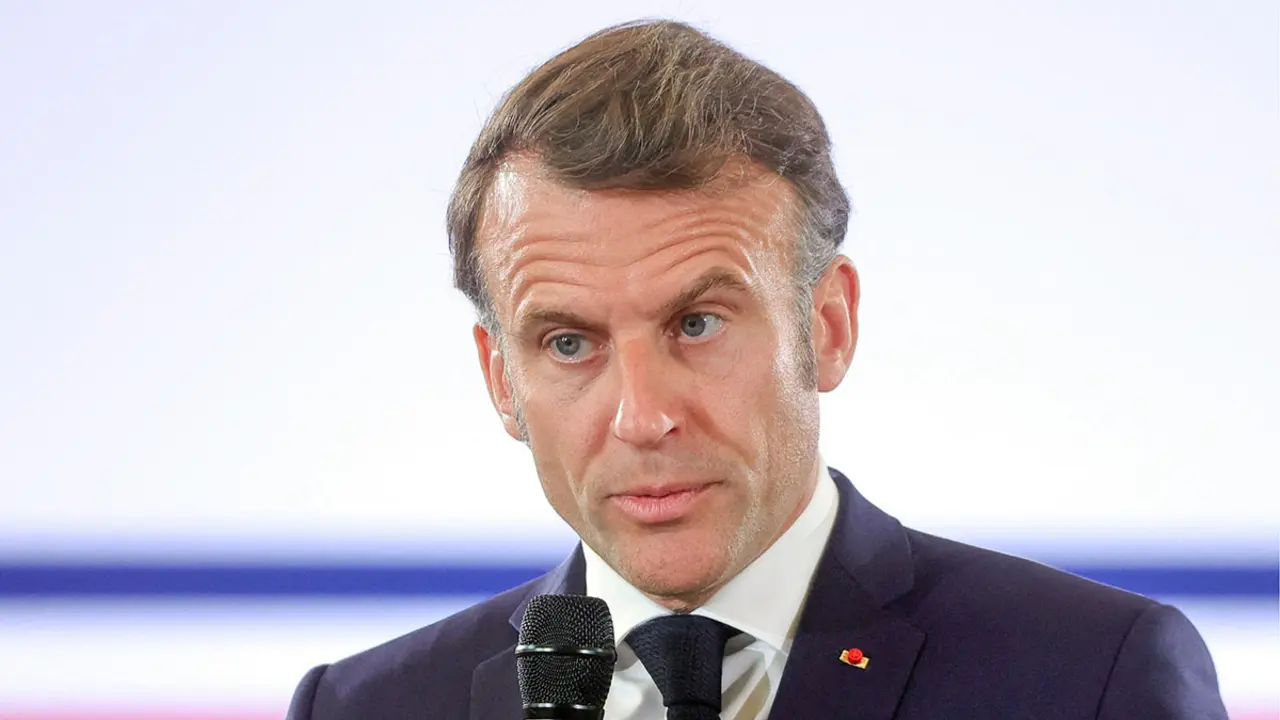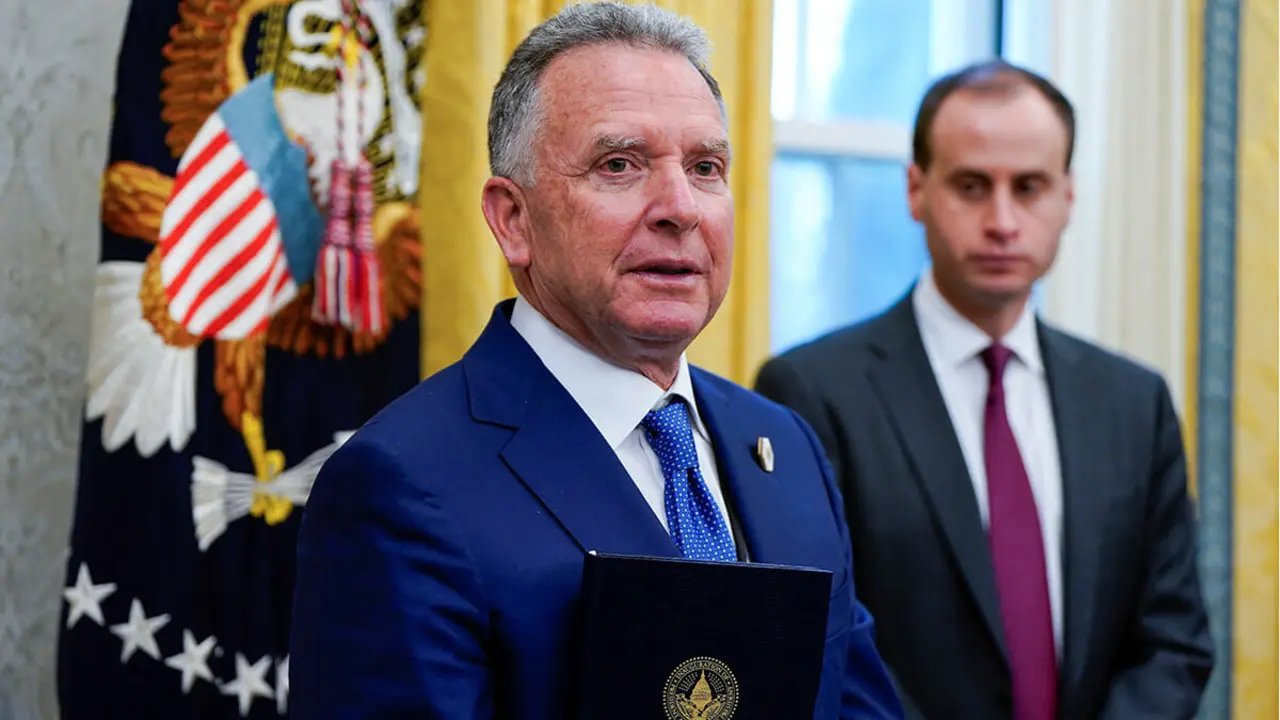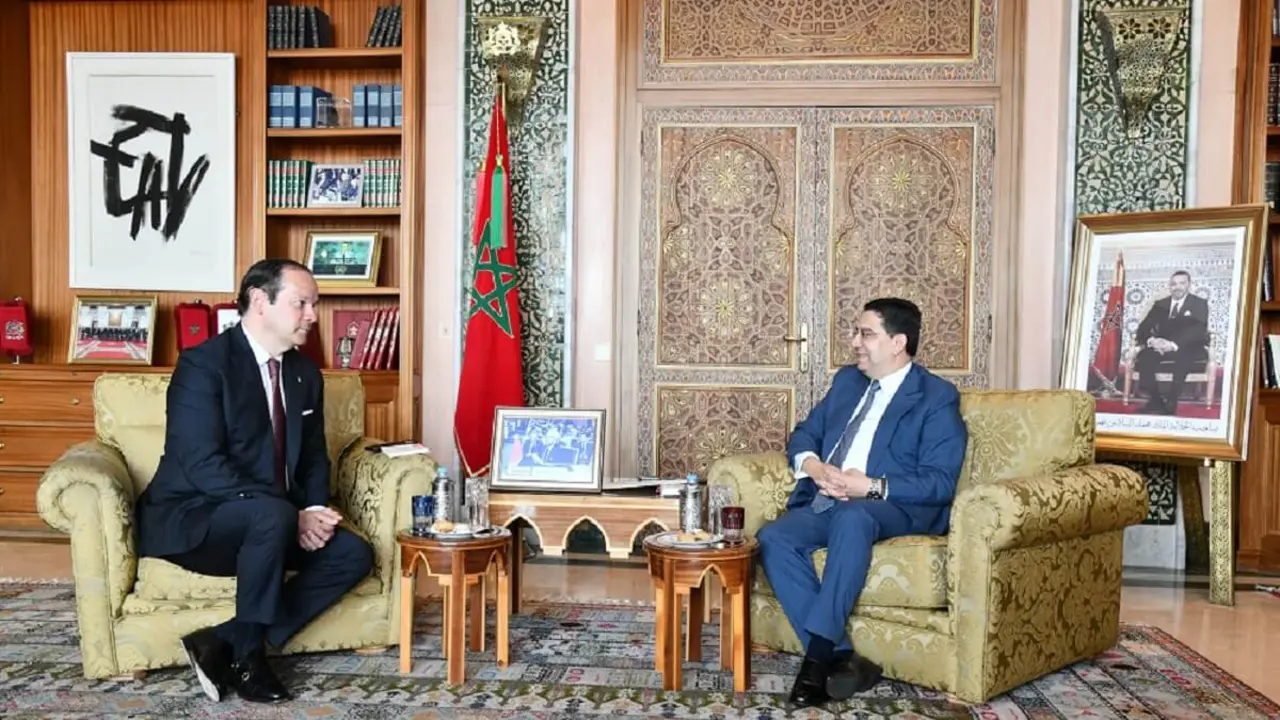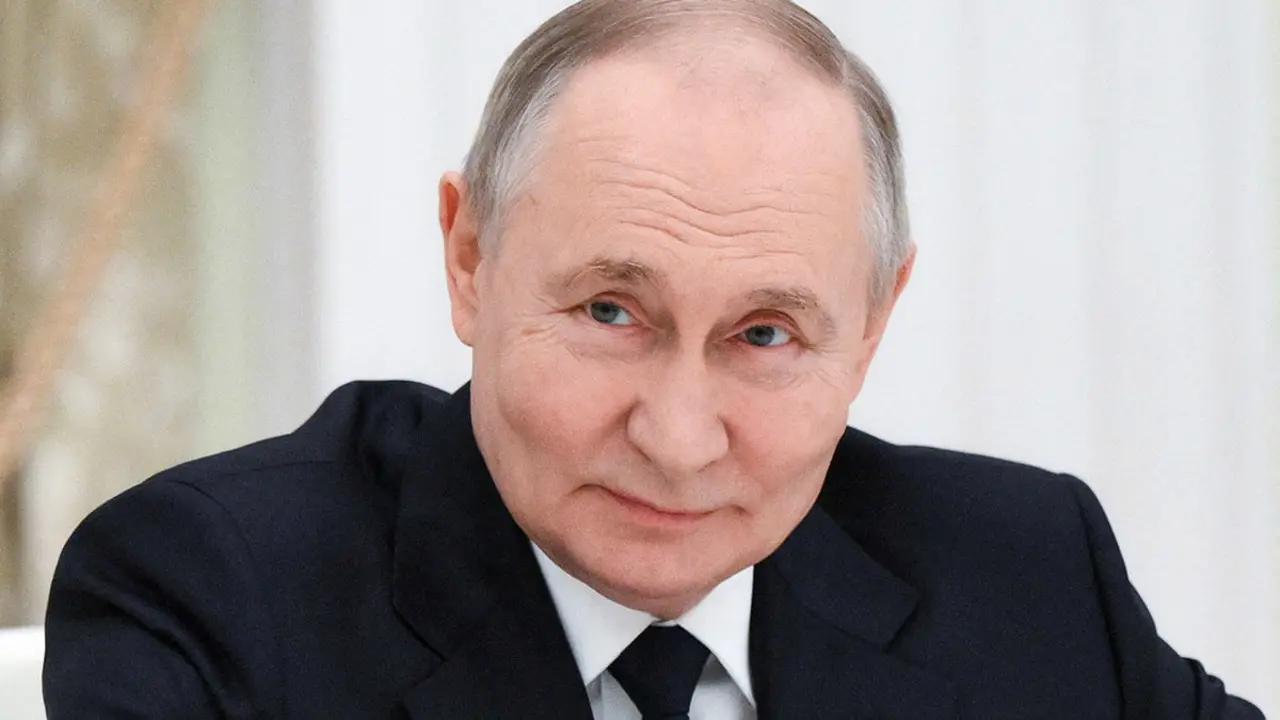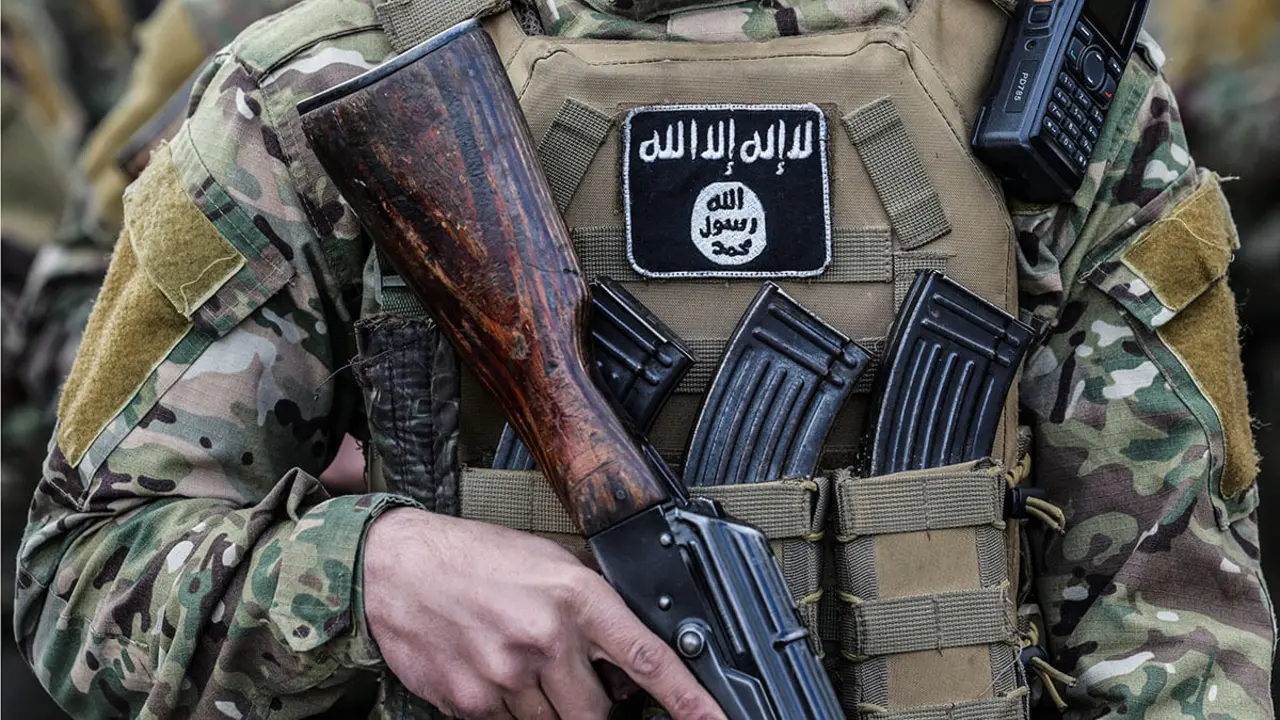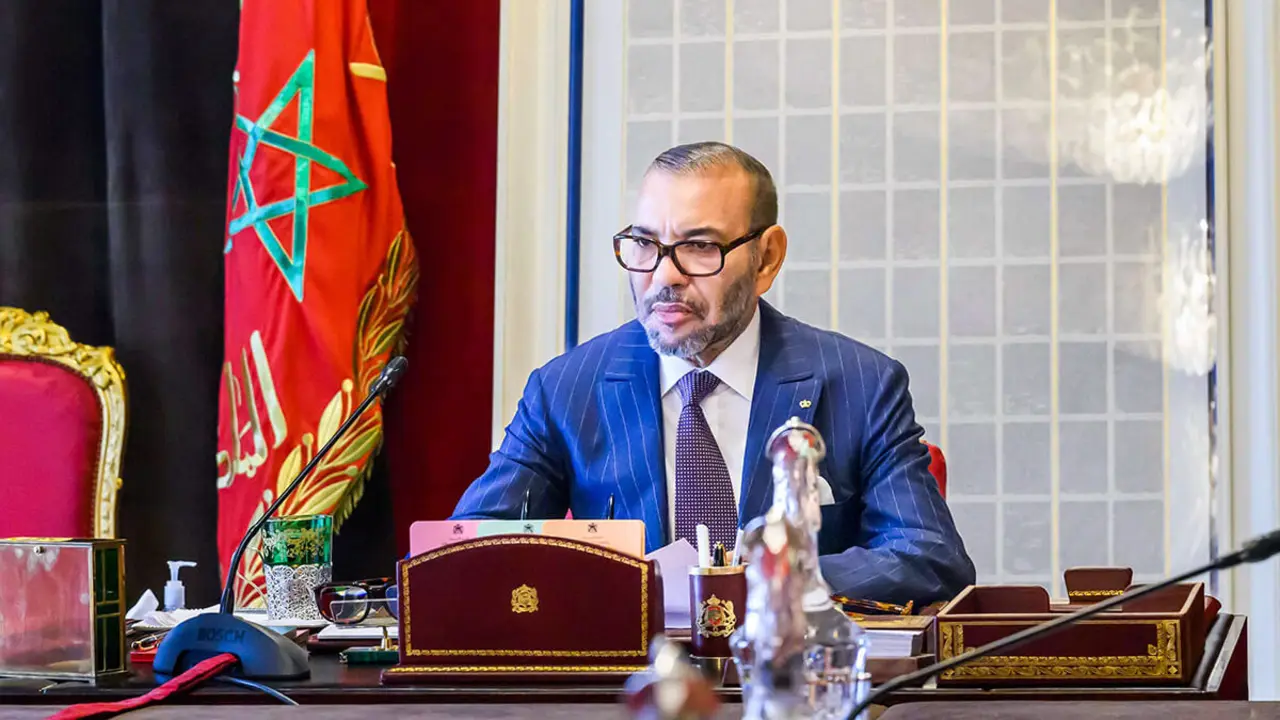Marruecos y Francia en la encrucijada

Geopolitics is gaining the upper hand in Franco-Moroccan relations. France has gone from red carpet to rejection in Morocco, in particular, and Africa in general.
The last decade has witnessed stumbles and mishaps in French foreign policy towards Morocco. Hostile acts that run counter to the sublime interests of the Moroccans. But the moment of truth has arrived, and the time has come to clear up the unknowns and step out of the 'comfort zone', as the Moroccan authorities kept calling for.
France knows a lot and is aware of the damage it has done to African countries since the last century. Africa has been plundered, exploited, spied on and managed by France for decades. African countries have suffered and continue to suffer the consequences of French imperialism.
After independence, African countries aspired to build bilateral relations of interdependence with France. However, over the decades, Africans have discovered that they have moved from hard (military and economic) dependence to soft independence (France is in everything without being soft) with the complicity of an indigenous elite that is French to the core. Morocco is no exception. It suffers and continues to suffer the consequences of French protectorate. The Sahara conflict is one of these consequences.
Unfortunately, France did not learn the lessons of its past in Morocco and Africa. The arrival of Emmanuel Macron to power in France in 2017 has worsened French relations with Africa. "Macron, king without a crown", as Marc Bassets described him in 2018 wants to be Napoleon; "His authority is now seen as authoritarianism. His audacity, as caprice', Basset asserted.
In his second term, Macron is trying to recapture French imperialism in a new, softer version. In the words of an editorial in Le Monde: 'France must recover in Africa' (6 March 2023). But today's Africa and Morocco are not yesterday's, insisted Moroccan and African officials. The reactions of the Moroccan parliament and the president of the Democratic Republic of Congo reflect the rejection of French paternalism.

A France in decline throughout the world, especially in Africa, cannot give orders or put pressure on Africans. Their commitment to Mother Earth, Africa, annoys France, which considers this continent to be its backyard.
The entry of other major world players such as China, the US, India, Russia, Turkey, among others, into Africa upsets France. And it is further unsettled by the new African spirit aspiring to total independence from France and intra-African cooperation, as Morocco's King Mohamed VI has already underlined by calling for an "Africa for Africans".
This article aims to contribute to understanding the current tension between France and Morocco. The mention of Africa in the introductory paragraphs may help to understand some of France's actions towards Morocco in recent weeks. It also helps to understand Morocco's new vision towards France. These visions are currently at odds with each other for various reasons, which we will analyse in this article.
Morocco's return to the African Union in January 2017; its constant commitment to investment, presence and influence on the continent; its role in mediating between the Libyans, its close ties with the US, Britain, Germany, Spain, Israel and most African countries, its spiritual and economic diplomacy in Africa; the diversification of its close and distant partners and allies; Morocco's great successes in the Sahara conflicts over the last two decades; the Morocco-US-Israel tandem; the Spain-Morocco-Germany tandem; the focus on the English language and Spanish to the detriment of French; all this was followed with great interest and concern from Paris.
Many French circles are unhappy with Morocco's new strategy in the region in a new world and regional order that is about to be born. The French believe that Morocco's policy is too much oriented towards the US at the global level and towards Spain, Germany and Britain at the European level, to the detriment of France. This is logical. Looking back, Morocco's post-independence experience with France has not been a happy one. In 50 years, France has clung to Morocco's support, and since 2007, it has only supported the Autonomy Plan for the Sahara with words but not deeds. King Mohammed VI has already stated that the Sahara is the spectacle through which Morocco views and measures its relations with its partners.

Spain, Germany and other European countries have overtaken France in recognising the Moroccan Sahara's Moroccanness, following in the footsteps of the United States. France was now "on the verge of ruin".
The new Franco-Moroccan reality can no longer be covered up by official speeches or cosmetic tricks. A relationship that has been and continues to be weakened by unstoppable tensions in recent months, such as visa restrictions, the Sahara dossier, or Emmanuel Macron's Algerian gamble.
France failed to take care of its bilateral relations with Morocco. It also took advantage of the penultimate serious crisis of 2014.
Abdelatif Hamouchi, head of the General Directorate of Territorial Supervision (DGST), was summoned by the French judiciary in February 2014 during a visit to Paris. That French act sparked a major crisis between the two countries. France rectified a few months later by decorating Abdelatif Hamouchi with the medal of Officer of the Legion of Honour in 2015. If France had learned the lessons of the past, it would have done well in Morocco.
This is why both countries are called upon to explain and assess the state of health of their bilateral relations. Talking makes people understand each other, both countries need each other, but always with mutual respect.
It is better to opt for reconciliation and understanding because decades of human, social, economic, commercial and diplomatic interconnections and exchanges cannot be erased in a few months.

Realpolitik and pragmatism can take us a step forward. Any step backwards there are always those who could profit from it. And there are those who have profited from France's debacle in Africa and Morocco. It could go further.
France itself is solely responsible. The crisis could be a very good opportunity for Morocco to deepen its policy of diversifying its partners and its role in Africa.
The European Parliament's resolution on freedom of the press and freedom of expression in Morocco last month was the straw that broke the camel's back in Franco-Moroccan relations. Morocco pointed the finger at France. Moroccan parliamentarians accuse an MEP close to the Elysée of pulling the strings of the 'dirty war' against Morocco within the EP.
Bilateral relations have been deteriorating, and the Spanish version of France24's polemical report has come along to further poison Franco-Moroccan relations. Salt should not be rubbed into the wounds, but it seems that France does not want to curb its growing unpopularity and rejection in Morocco and Africa.
France is seeking a balance in the Maghreb to the detriment of Morocco and in favour of Algeria in the midst of a global energy crisis and growing insecurity in the Sahel. Rabat grasped the French manoeuvre. And it was able to corner France by approaching Spain, Germany, the UK, Poland, the US, Israel and Latin America, among others. But the Elysée has ended up paying the price for its biased and selfish policy towards the Maghreb.
From Morocco, it is true that the main factor interfering in bilateral relations with France was and still is, as the current crisis has revealed, the French position on its negative support for the Moroccan initiative without leaving its comfort zone since 1976.
The manoeuvres of the French press and MEPs became an element of friction in bilateral relations, the extent of which Macron himself and his government tried to minimise. Morocco blames France for the European Parliament's approval of the resolution and France24's publication of the report.
Basically, Morocco's prominence in Africa bothers France. "Morocco has been strengthening its ties with the African continent since 30 January 2017, on the occasion of the 28th Summit of Heads of State and Government of the African Union (AU). Morocco rejoins the international institution after three decades outside it; specifically since 1984" after the AU recognised the Polisario as a full member. "Its reinstatement was supported by 39 of the 54 member states', reads a study by the Spanish Institute of Strategic Studies on 6 May 2021, written by Carla Villamayor García under the title 'Morocco: a new regional power in Africa?

In addition, Morocco is part of the African Free Trade Agreement which, on 30 May 2019, came into force and whose objective "is and will be to turn Africa into one of the largest economic markets and free movement of people in the world; composed of 55 States, which translates into more than 1.2 billion people to date", according to the same source. The "strengthening of relations between Morocco and the Sahel region" also bothers France.
One cannot understand the French attacks on Morocco without going back to Rabat's growing trade relations with Africa. "Morocco's interest in bringing closer positions and closer ties with its African counterparts is by no means recent, as it has been taking solid steps in this direction since the early 2000s. Since Mohammed VI's accession to the throne in 1999, the King has pursued a vigorous and dynamic pan-Africanist diplomacy that has led him to undertake more than forty official trips to more than thirty countries in sub-Saharan Africa, but with a special focus on the French-speaking community, including: Ivory Coast, Senegal, Gabon, Gabon, Mali, Guinea-Bissau, Rwanda, Tanzania, Ethiopia, Nigeria, Ghana and the Republic of Guinea', says Carla Villamayor García.
Morocco has several assets to move forward and become a major player in Africa. Religious diplomacy is a trump card that is not within France's reach. As well as economic diplomacy. "The traditionally influential countries in the Sahel have recently been joined by Morocco, which (...) Mali's drift towards violent extremism over the religious referential has allowed Morocco to exercise a policy of soft power for the first time through the religious legitimacy embodied by King Mohammed VI," reflects researcher Beatriz Mesa in an analysis entitled 'The Sahel, scene of Maghreb rivalries', published in the journal AFKAR/ Ideas (No. 63, Summer 2021).
At the economic level, since Morocco's return to the African Union, 'Morocco's economic integration in this part of the African continent has accelerated notably. Moroccan exports to neighbouring Sahel countries have increased by 9% and foreign direct investment by 4.4%. The countries to which Morocco exports its products include Senegal, Mauritania, Mali, Ivory Coast and Nigeria, these being the largest African buyers of Moroccan products, as well as food, machinery and chemical products', underlines Beatriz Mesa. P.33

Morocco is very well interconnected with the African continent. "The Royal Air Maroc, which departs for one of the 22 destinations in sub-Saharan Africa where resources are invested. Several facts clearly illustrate the Maghreb country's strategic vision for the future in the Sahel and West Africa: the Atijari Wafabank has become the fourth largest bank in the region. In telecommunications, Maroc Telecom acquired 54% of Mauritel (Mauritania), 51% of Gabon Telecom in 2007, 51% of Onatel (Burkina Faso), and 51% of Sotelma (Mali),' Beatrice added. P. 33.
The researcher concluded that Morocco wants to become a key country in terms of investments, exports and imports in Africa for the benefit of Africans. A vision that contradicts France's vision of Africa.
It is a reality that Morocco is the leading investor in West Africa and the second largest in Africa after South Africa. It is a reality that Morocco has a lot of religious and economic influence in the Sahel region. It is a reality that Morocco is the leading US partner in North Africa. Spain is Morocco's number one client to the detriment of France. It is a fact that the Sahara conflict is the thermometer of the health of bilateral relations, but geopolitics is a factor of geopolitical importance.
However, in politics and diplomacy one can never say never. Both countries are called upon to address the homework they still have to do. It is time to manage the crisis. Crises are an opportunity. And it is enough for Macron to have the humility to see the Spanish recipe for overcoming the crisis with Morocco. Morocco and France could go hand in hand in Africa as long as the Elysée thinks of an Africa for Africans and respects the sovereignty of African countries. For the moment, France is increasingly distant from Morocco.
This article was originally published in Rue20.

